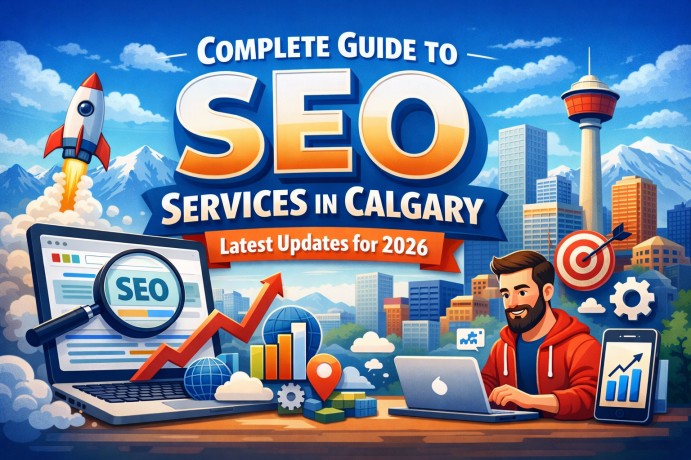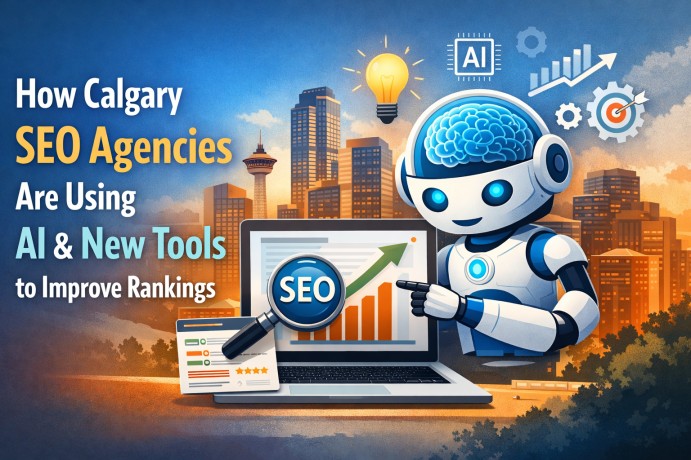Splitting content into multiple pages is one of the oldest tricks in the book, and it might be well known to anyone that it plays havoc with the SEO rankings. Each time you think about the way you treat pagination in 2025, when search engines become even more intelligent and the average user even more demanding, it will certainly have a direct impact on your website visibility and its accessibility to search engine crawlers. Regardless of whether you are running an online shop, a website with a blog, or a content-centric portal, it may be important to know what role pagination plays in SEO today more than ever.
If you are a business owner or a web strategist relying on the SEO digital marketing agency, then addressing the following issues of pagination may be resulting in you losing potential traffic or even confusing the search engines. This article discusses what has become relevant and irrelevant in pagination SEO, what remains useful, and which recommendations contemplate the year 2025.
Understanding Pagination in Simple Terms
Pagination is a feature which creates more than one page to display the content of the site. You have probably come across it somewhere in blog logs, item listings, comment sections, and of course in SERPs. Pagination is a technique used when there is a large number of items to be displayed and these are divided into sections for better feats that can be easily loaded.
The problem? Search engines do have difficulties in determining page relations on paginated pages. Pagination problems can potentially be the following:
- Duplicate content
- Wasted crawl budget
- Poor user signals
- Lower rankings for deeper pages
An expert in SEO and digital marketing will be in a good position to ensure that the structure, like the pagination used, conforms to search engine requirements while retaining authority.
What’s New in 2025?
In recent years, Google has refined its approach to pagination. Back in 2019, it announced that the rel=”next” and rel=”prev” tags were no longer being used as indexing signals. As of 2025, this still holds true — but that doesn’t mean pagination is irrelevant to SEO.
Now, the focus is on content continuity and contextual linking. Google wants to see that your paginated pages are well-integrated into the overall site architecture. This means:
- Ensuring each paginated page has unique and useful content
- Using internal links to guide both users and crawlers
- Avoiding orphaned or hard-to-reach pages
This is where SEO internet marketing consulting becomes valuable. A consultant can audit your pagination setup and recommend ways to keep all your pages connected, crawlable, and indexable.
Best Practices That Still Work
Even as algorithms evolve, some tried-and-true practices remain solid. Here’s what you should still be doing in 2025:
- Canonical Tags:
Use canonical URLs on paginated pages to indicate the main version. This helps prevent duplicate content and ensures equity isn’t spread too thin.
- Clean URL Structure:
Avoid using messy URLs like example.com/page?id=4938293. Instead, use simple and descriptive URLs like example.com/blog/page/2.
- Descriptive Meta Tags:
Each paginated page should have a unique title and meta description. Avoid generic tags like “Page 2.”
- Contextual Navigation:
Add clear, crawlable links between paginated pages, as well as back to relevant categories or the homepage.
A professional SEO digital marketing agency understands how to balance technical SEO with real user experience — a must for any business with a large content footprint.
Common Mistakes to Avoid
In 2025, some outdated or misinformed tactics still float around. Here are some common pagination SEO mistakes you’ll want to avoid:
- Noindexing Paginated Pages: This prevents Google from crawling deeper content and breaks the flow of link equity.
- Over-relying on Infinite Scroll: While smooth for users, it’s often hard for crawlers. If you use infinite scroll, always include crawlable URLs.
- Lack of Internal Links: Without smart linking, paginated pages may be seen as isolated or low-priority content.
- Slow-Loading Pages: Especially on mobile. Use lazy loading wisely, and make sure important content is visible without JavaScript reliance.
These are the details that a seasoned SEO and digital marketing consultant will catch during a site audit. They’re not just looking for keywords — they’re looking for gaps in structure, speed, and logic.
How Pagination Impacts Your SEO Goals
Pagination directly affects how much of your content is found and indexed. If your paginated pages aren’t optimized, Google might never see your best content. Worse, your users may abandon your site before they even get to it.
The right setup improves:
- Crawl Efficiency: Googlebot finds what it needs faster.
- Link Equity Distribution: Page authority spreads more evenly.
- User Engagement: Visitors can find what they want quickly.
- Ranking Potential: Your deeper content has a better shot at ranking.
By working with an expert in SEO internet marketing consulting, you can avoid wasted opportunities and make every page on your site count.
Real-World Use Cases
- eCommerce Stores:
Large product catalogs often run into pagination issues. Without proper structure, only the first few pages get indexed, leaving 80% of products unseen. Smart internal linking, dynamic sitemaps, and optimized canonical tags are a must.
- Blogs and News Sites:
Archives can easily become cluttered and ignored by search engines. Clear paths, breadcrumb links, and distinct titles on each page help preserve visibility.
- Forums and User-Generated Content Platforms:
These sites often have deep, nested pagination. Pagination here must be simple, crawlable, and well-organized, or else important discussions go unnoticed.
All these examples benefit from support by a reliable SEO digital marketing agency with hands-on experience managing large websites with complex structures.
Key Takeaways
- Pagination affects both SEO and user experience
- Clean URL structure, smart linking, and unique metadata matter
- Google doesn’t rely on rel=”next”/”prev” anymore — focus on contextual clarity
- Infinite scroll must be paired with crawlable links
- Technical audits from an SEO and digital marketing consultant can uncover hidden SEO issues
- Fast-loading, mobile-optimized pages are essential
The goal is to help both users and crawlers navigate your site effectively
In 2025, pagination remains a critical, though often overlooked, part of SEO. Whether you’re running an online store, blog, or information hub, how you structure paginated content can make or break your SEO performance. Investing time into smart pagination is no longer optional — it’s a necessity for growth and visibility.




